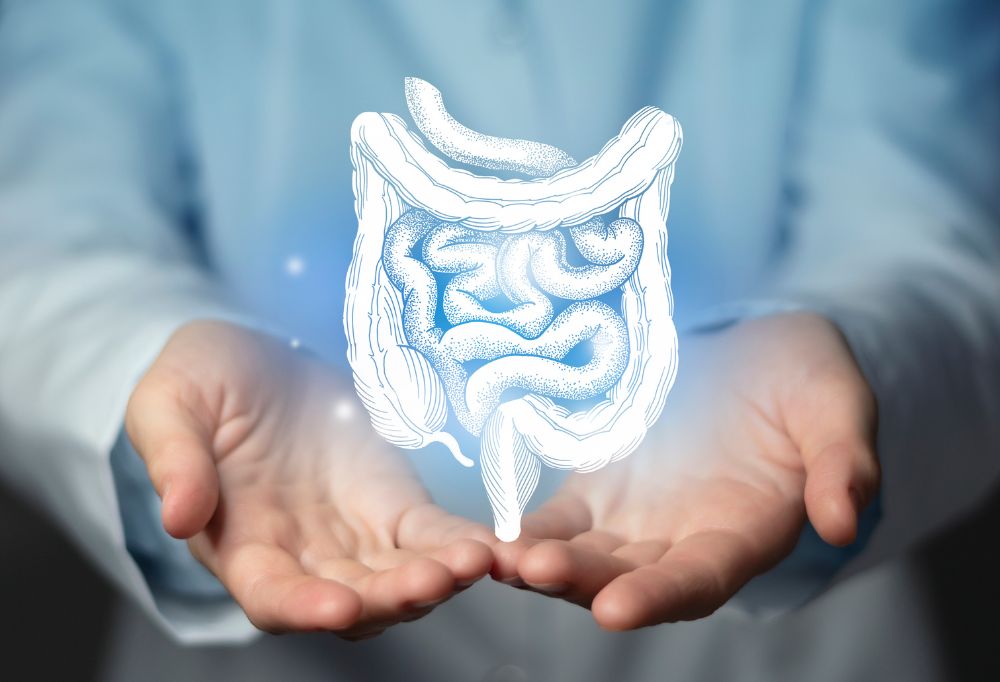Reviewed by Dianne Hinton, NP, PA of Forum Health Modesto
Despite being a natural stage in your life, menopause can still catch you by surprise and often unprepared for all the changes that come with it. The natural hormonal shifts lead to a common side-effect known as hot flashes, which can disrupt your sleep, lead to insomnia, affect your productivity at work, and alter your quality of life.
But, there are natural ways to help your body adjust to this new chapter and to regulate your hormones more easily. Here are a few ideas you can try based on our functional medicine expertise!
Say no to alcohol, smoking and coffee
Unhealthy habits such as smoking, drinking, and consuming too much caffeine can be too stressful on your body even without menopause in the mix. Now that your body is dealing with all these hormonal changes, you should consider removing some of the unhealthy habits that could worsen your hot flashes.
All of the listed habits will overwhelm your body with toxins and could potentially lead to chronic inflammation. The best thing you can do for your wellbeing is try and replace these habits with more healthful options that won’t worsen your hot flashes and other menopause symptoms.
Eliminate processed foods and preservatives
You already know that overly processed foods packed with chemicals and preservatives can wreak havoc on your health. During menopause, even more so!
Processed foods and those loaded with sugars and preservatives can drastically affect your blood insulin levels, contributing to major changes in your energy levels and hormonal balance. It’s best to focus on fresh fruit and veggies, healthy sources of lean protein, as well as wholegrains.
Reinforce your diet with a multivitamin
To help your body cope and slowly reduce your hot flashes, you can also give yourself a vitamin and mineral boost. Multivitamins are an excellent way to slowly adjust yourself to this transition and to make sure that your body has the right nutrients to stay resilient and healthy.
Help your body with a detox session
If you’ve been living a life with the occasional sugar, coffee, and cigarette spree, all the more reason to consider helping your body adjust to menopause by detoxing thoroughly. The natural process of detoxification your body already relies on (through your kidneys, liver, and the like) can be supported with a planned detoxing routine.
You can start by improving your hydration and drinking more water (which you can infuse with lemon, ginger, cucumber and similar delicious, nutritious ingredients), and you also need to revisit your sleeping habits. Sleeping properly helps your body detox properly and flush out the build-up of toxins more easily.
Manage and minimize stress
Stress can affect more than your mood: it can impact your sleep quality, cause cravings, and further affect your hormonal balance. That’s why it’s crucial to manage your stress triggers and introduce calming rituals into your day, especially before bedtime.
Try out soothing activities like yoga and meditation, but also make sure that you’re on a digital detox before you go to sleep, to give your mind enough time to unwind and rest properly. Do your best to spend time with people that appreciate and love you, and stay away from toxic relationships that can only increase stress and anxiety in your life.
There’s so much you can do to maintain and boost your quality of life even during menopause. You can restructure and improve your nutrition, keep your weight under control, and stick to a routine that works for you.






